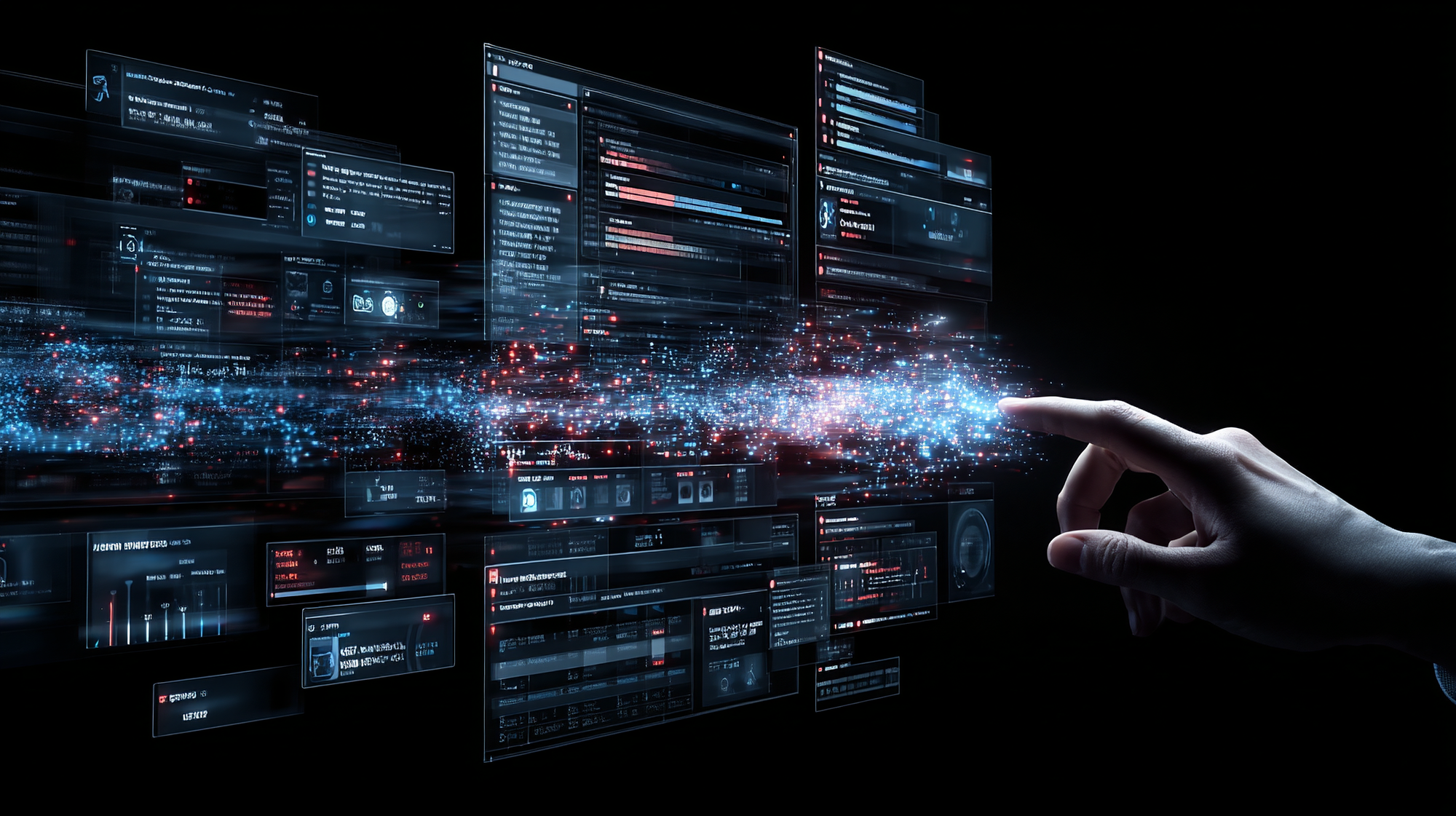Part 3 of the AI & Project Management Series
At a Glance
- The New Workflow
- The Bottleneck Isn’t Complexity, It’s Delay
- A Tale of Two Workdays
- The Intelligence Behind the Automation
- The Strategic Evolution of Project Management
- The New Identity of Project Management
- The Human Element in an Automated World
The New Workflow
Much of the conversation about AI in project management focuses on efficiency—doing the same tasks faster. However, the real shift is deeper: AI is creating real-time organizational intelligence that aligns projects with strategy.
Picture a workplace where every initiative is visible and accountable. Platforms like Asana and Monday.com are evolving from trackers into intelligent ecosystems, mapping individual tasks to specific company goals. Duplication disappears, silos break down, progress snapshots are instantly available, and project progress drives company KPIs.

This isn’t just faster reporting, it’s freeing project managers to focus on leadership, alignment, and the human challenges that determine success.
Interested in reading more data stories? Check out all our series at Monthly Stories.
The Bottleneck Isn’t Complexity, It’s Delay
The real obstacle in project delivery isn’t complexity - it’s delay. Traditional environments bury decisions in approval cycles, fragmented data gathering, and endless meetings. Executives spend hours in status updates instead of strategy sessions, while project managers compile reports instead of analyzing outcomes.
With real-time visibility, decisions take days instead of weeks. Leaders shift from firefighting to foresight. Teams move proactively, stress drops, and decision-making becomes more consistent. AI’s greatest contribution may be this cultural transformation: replacing bureaucracy with timely, confident choices.
A Tale of Two Workdays
Consider two project managers, Sarah and David.
- Sarah, working in a traditional firm, spends Monday morning chasing updates, compiling data from five systems, and formatting dashboards for executives. By midday, she’s finally ready to think strategically.
- David, at a company that integrated AI six months ago, starts his day with an automatically generated project summary. Tasks update in real time through AI transcription and analysis. Potential blockers are flagged early, with suggested resolutions. By noon, David has already held strategic conversations and started implementing solutions.

This isn’t about personal productivity, it’s about fundamentally different workflows. Sarah spends her energy on administration. David spends his time on strategy. That’s the true impact of AI integration.
Join Data Punk Media today and explore the different data stories we publish.
The Intelligence Behind the Automation
What separates modern AI tools from earlier automation is context. According to Gartner, by 2028 one in three enterprise applications will feature agentic AI, handling 15% of daily work decisions and up to 20% of customer-facing interactions.
These agents don’t just update timelines - they adjust schedules proactively, balance workloads by expertise and stress levels, and recommend consolidation or closure of underperforming projects. When milestones shift, they explain what changed, why, and how it impacts related initiatives.

This is more than timesaving. These tools act as decision-support systems, processing volumes of data humans can’t while keeping projects aligned with strategy.
Want to learn how to analyze data and build amazing data stories? Join Data Punk Media today!
The Strategic Evolution of Project Management
AI isn’t erasing project management roles, it’s elevating them. As repetitive tasks disappear, project managers move into roles requiring higher-order thinking and emotional intelligence.
They validate AI recommendations, ensure alignment across teams, and bridge insights with organizational action. In a government digital transformation, for example, AI might reprioritize workloads and surface risks, while the project manager navigates political implications, builds trust, and manages relationships.
Rather than micromanaging workflows, project managers are becoming orchestrators - ensuring AI-driven efficiency translates into strategic advantage.
The New Identity of Project Management
As AI absorbs manual work, the project manager role expands into uniquely human domains:
- Strategic leads: Connect projects to purpose and business goals.
- Communicators-in-chief: Translate AI insights into narratives stakeholders can act on.
- Relationship builders: Align priorities across functions without losing cohesion.
- Change champions: Guide teams in adopting tools and building trust in AI workflows.
This is a shift from managing tasks to managing momentum, project managers as the connective tissue between machine intelligence and human strategy.
Interested in reading more data stories? Check out all our series at Monthly Stories.
The Human Element in an Automated World
Automation doesn’t diminish judgment, it makes it more critical. AI can process data and surface risks, but it lacks cultural nuance, creativity, and emotional intelligence.
The project managers who thrive will treat AI as a collaborator. They’ll use it to stress-test assumptions, uncover hidden opportunities, and accelerate decision-making, while reserving their own energy for navigating complexity AI cannot grasp.

This requires new skills, especially prompt engineering – not coding, but learning to frame problems so AI produces actionable insights. More importantly, it requires the confidence to use AI as a thinking partner.
The organizations that embrace this shift will outpace those that don’t. The gap between traditional workflows and AI-enabled ones is already widening.
Join the Data Punk community to learn how to build your own stories through data analyses!
What’s Next?
The daily rebuild is underway, transforming what project managers do and how they work. The choice for professionals is clear: architect your evolution or be shaped by it.
In the final part of this series, we’ll explore:
- The four-phase evolution every project manager will navigate (and where you are now)
- Why 75% of knowledge workers use AI but most organizations remain stuck in Phase 2
- How to position yourself as an AI orchestrator, not just an AI user
The project manager of the future isn’t waiting for the transformation to finish - they’re leading it.


